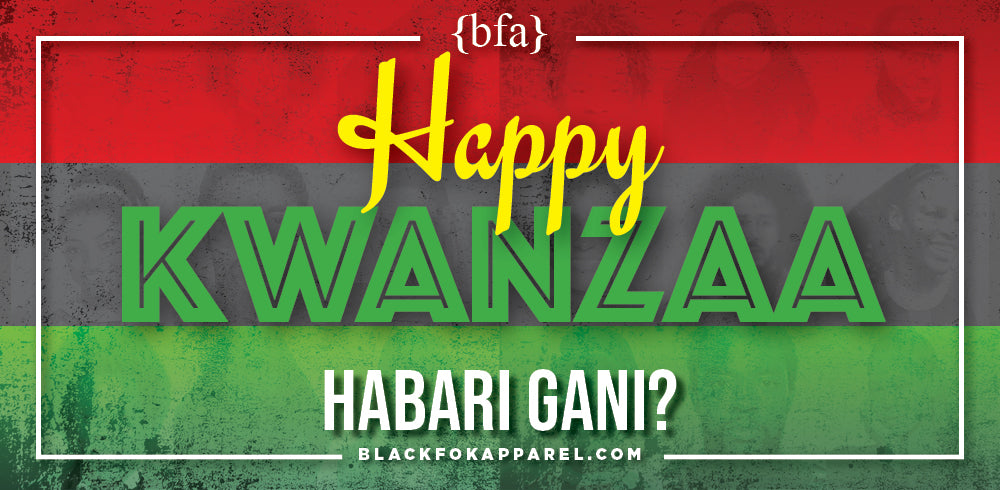
What is Kwanzaa?
Share
Kwanzaa is an African-American and Pan-African cultural holiday that celebrates family, community, and culture. It was created in 1966 by Dr. Maulana Karenga, an African-American scholar and activist, as a way to provide a cultural alternative to the commercialism of Christmas. Kwanzaa is observed from December 26th to January 1st each year.
Seven Principles (Nguzo Saba):
Kwanzaa is built around seven guiding principles, known as Nguzo Saba. Each day of the celebration is dedicated to one of these principles, which are:
- Umoja (Unity)
- Kujichagulia (Self-Determination)
- Ujima (Collective Work and Responsibility)
- Ujamaa (Cooperative Economics)
- Nia (Purpose)
- Kuumba (Creativity)
- Imani (Faith)
Seven Symbols:
Kwanzaa also has seven symbols that represent various aspects of African heritage and culture. These symbols include:
- Mazao (Crops): Representing the fruits of collective labor.
- Mkeka (Mat): Symbolizing the foundation for self-organization.
- Kinara (Candleholder): Holding the seven candles, representing the principles.
- Mishumaa Saba (Seven Candles): Each candle corresponds to one of the principles.
- Kikombe Cha Umoja (Unity Cup): Used to pour libations and promote unity.
- Zawadi (Gifts): Emphasizing the importance of self-improvement and achievement.
- Nguzo Saba Poster: Displaying the seven principles for reflection.
Celebration and Rituals:
Families and communities celebrate Kwanzaa through various rituals and activities. The lighting of the Kinara, discussion of the principles, and the pouring of libations are common activities during the week-long celebration. Additionally, there may be performances, feasts, and cultural events.
Pan-African Roots:
Kwanzaa draws inspiration from various African harvest festivals and is designed to connect African-Americans and people of African descent to their cultural heritage. The celebration is not tied to any specific religious tradition and is inclusive of people from different religious backgrounds.
Cultural Expression:
Kwanzaa encourages the expression of African culture and values through art, music, dance, and storytelling. It is a time for reflection on the past, commitment to the present, and hope for the future.
Global Observance:
While Kwanzaa originated in the United States, it has gained recognition and observance in various parts of the world, particularly within the African diaspora. People of African descent in different countries may celebrate Kwanzaa as a way to connect with their heritage.
Kwanzaa is a meaningful and positive celebration that fosters a sense of community, identity, and cultural pride among those who observe it. It continues to be an important cultural event for many African-American and Pan-African communities around the world.

